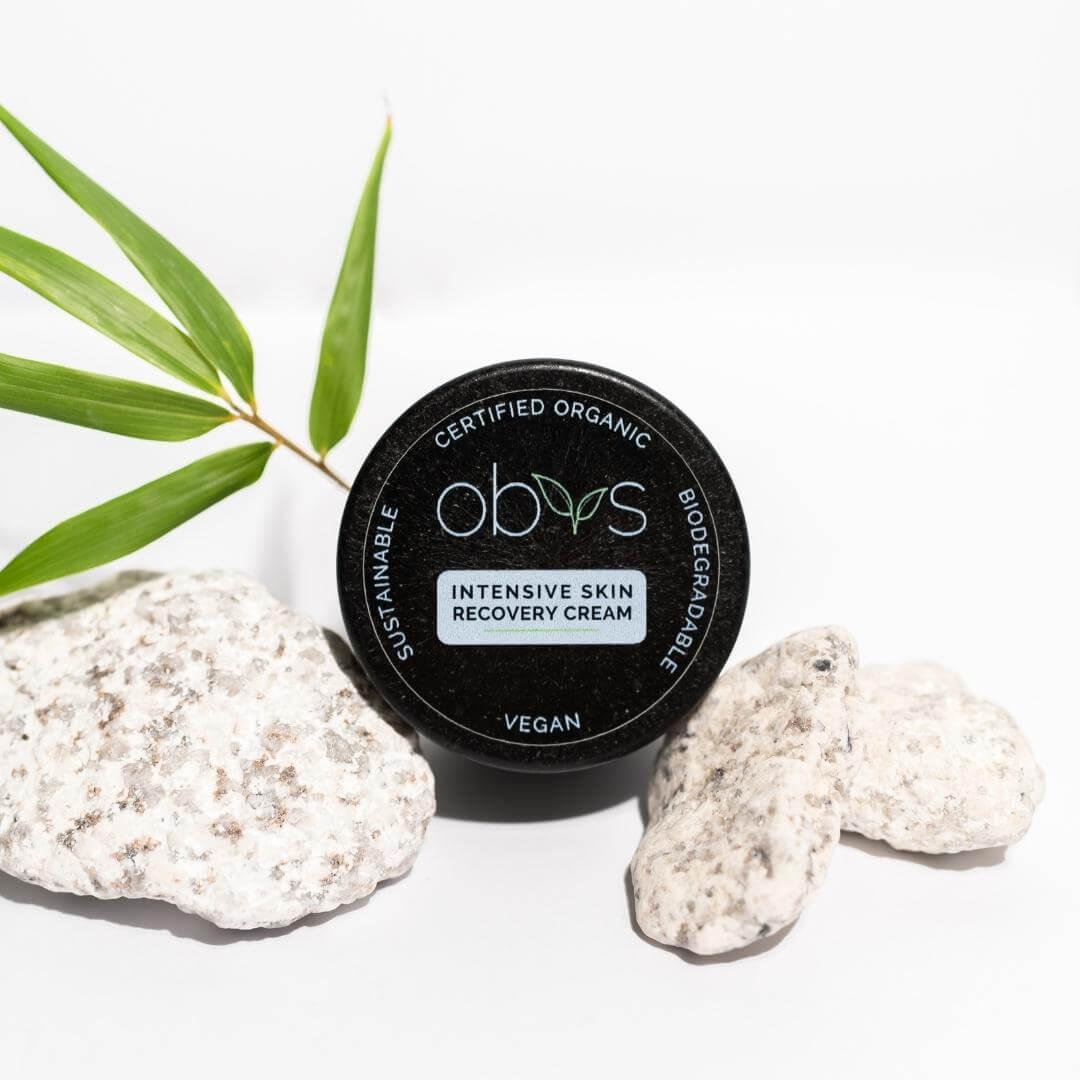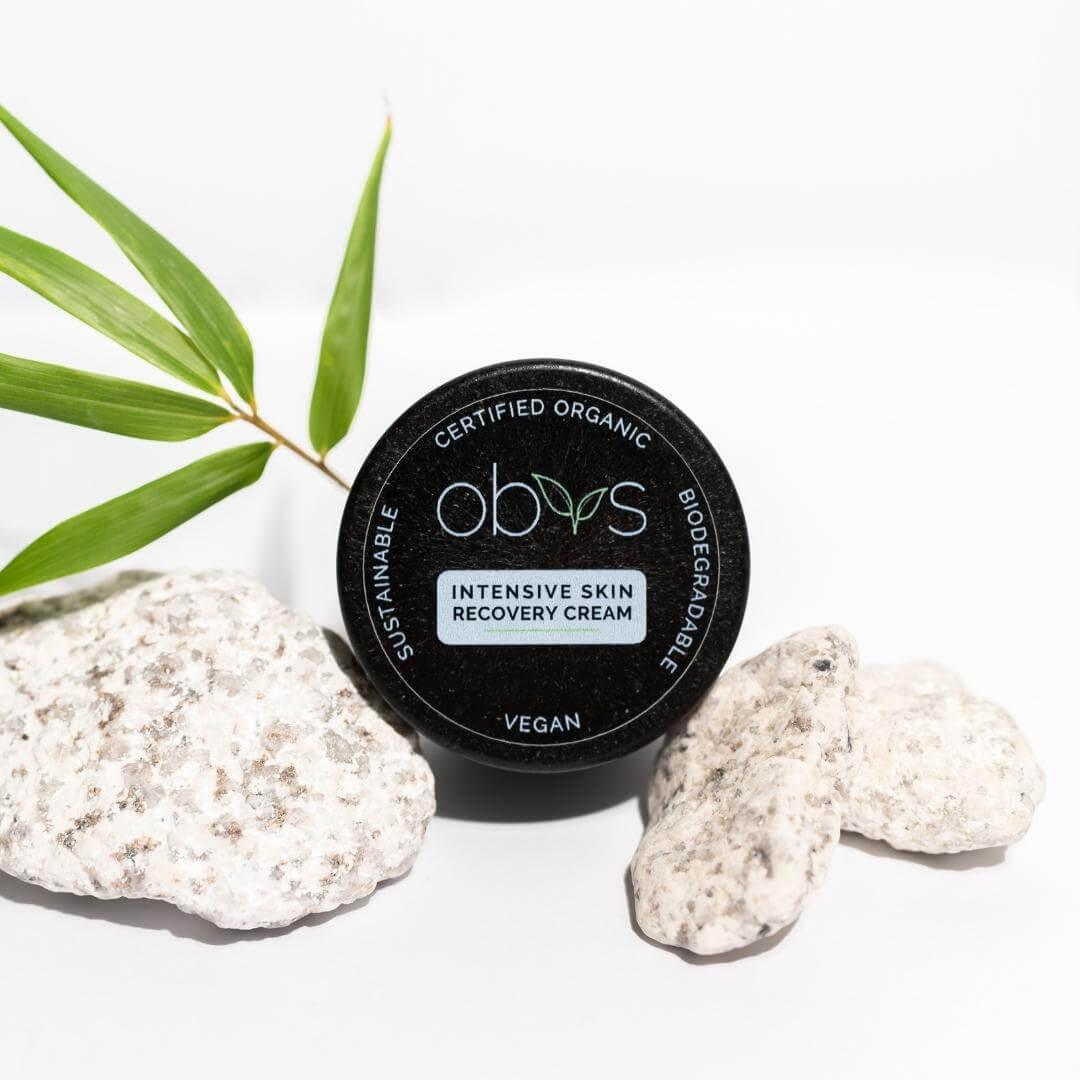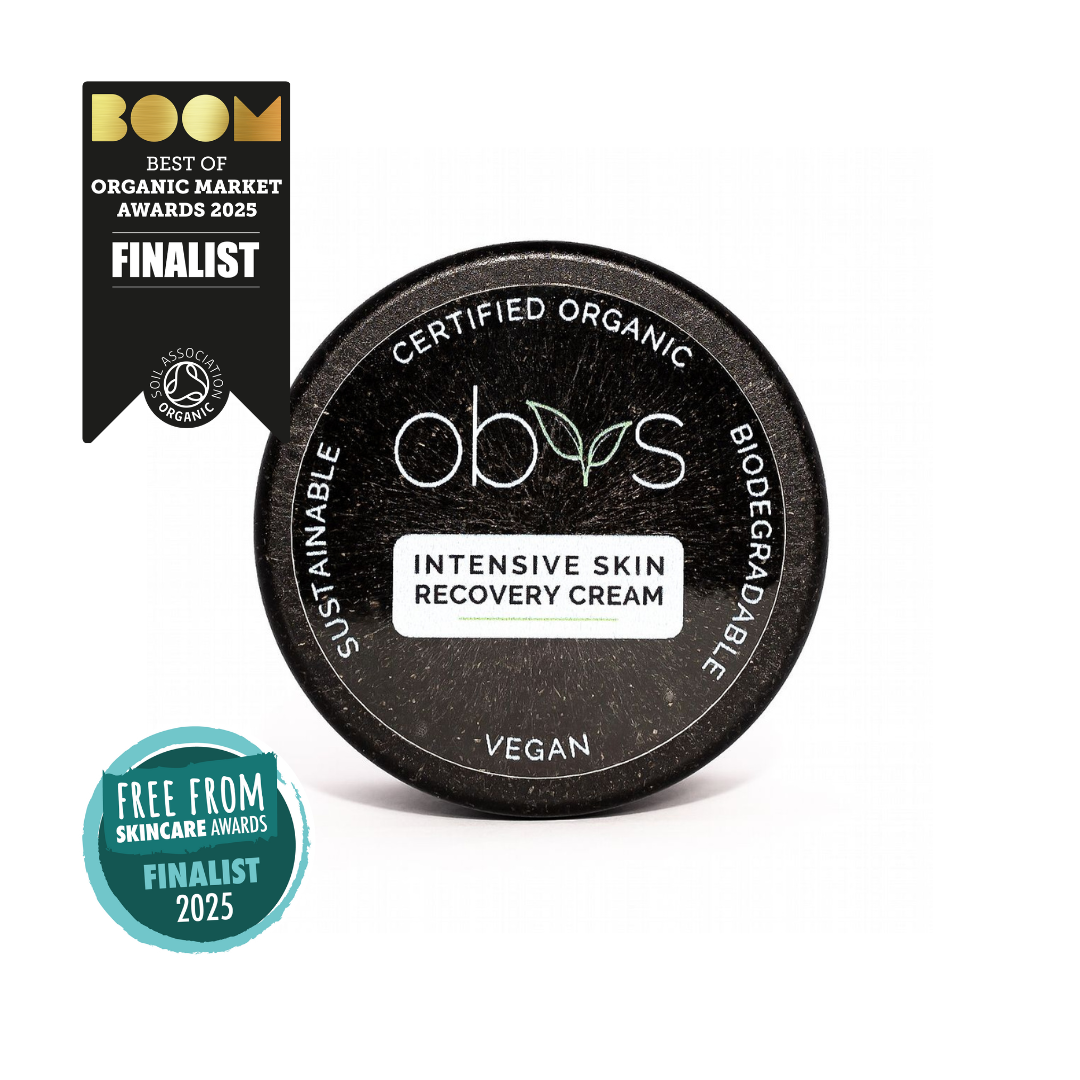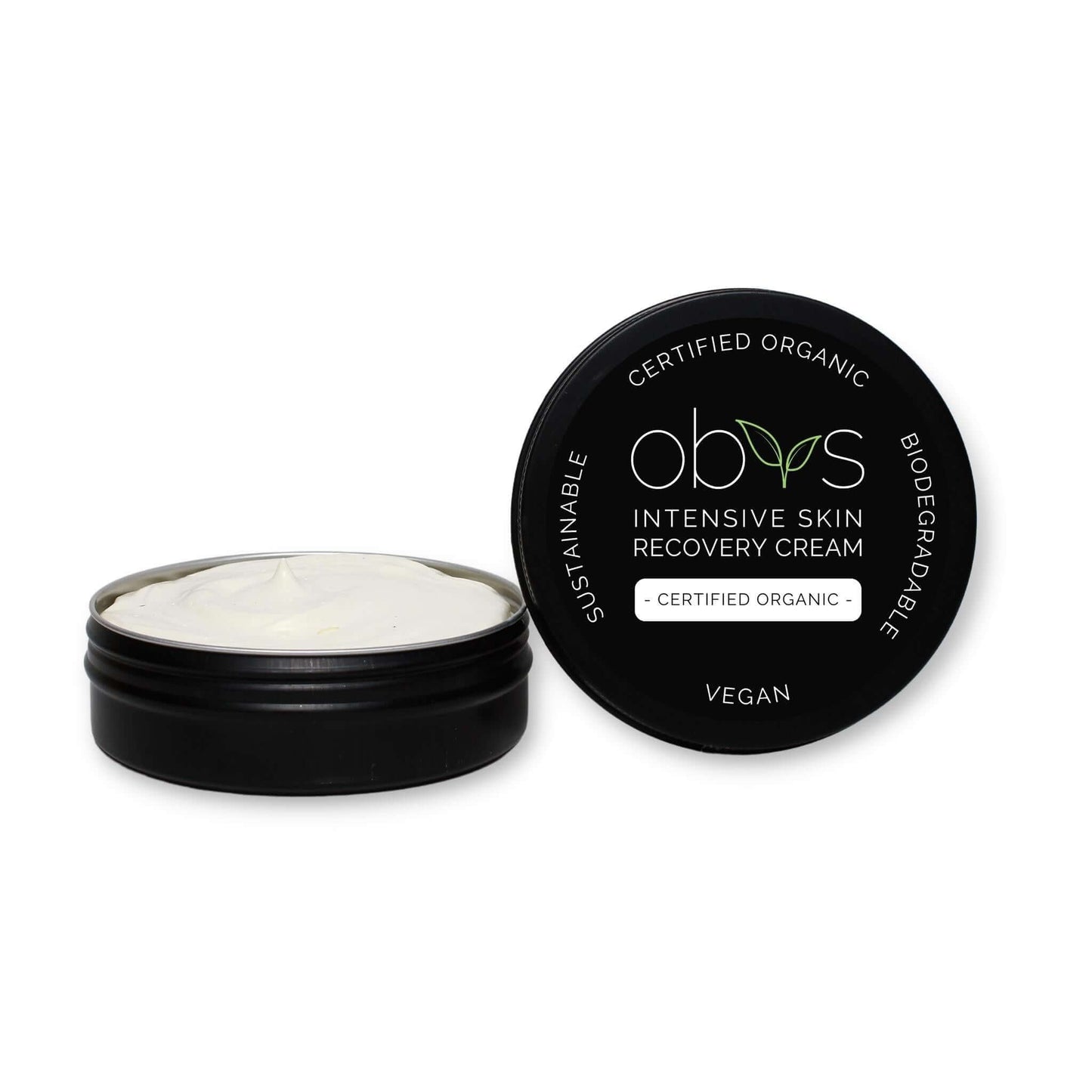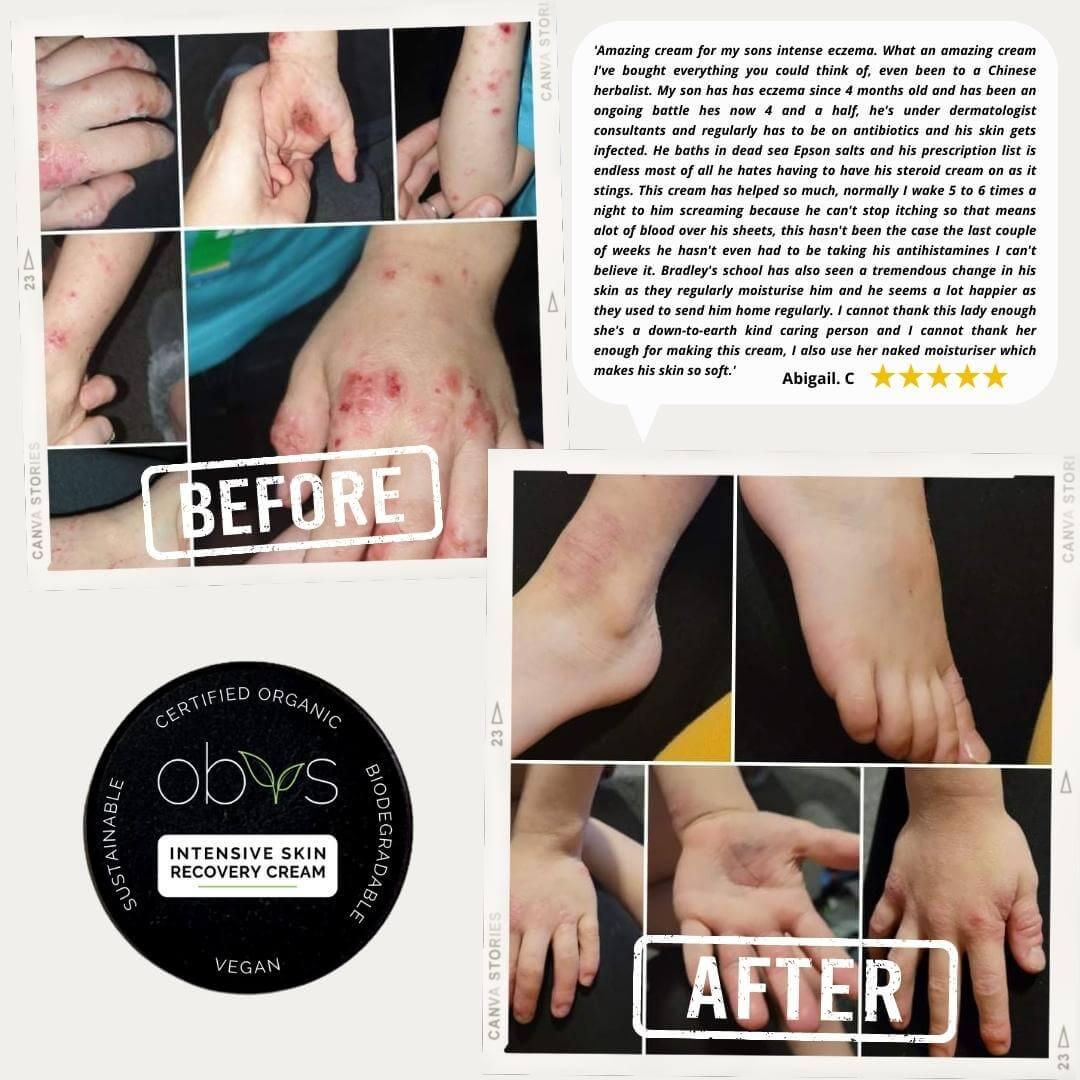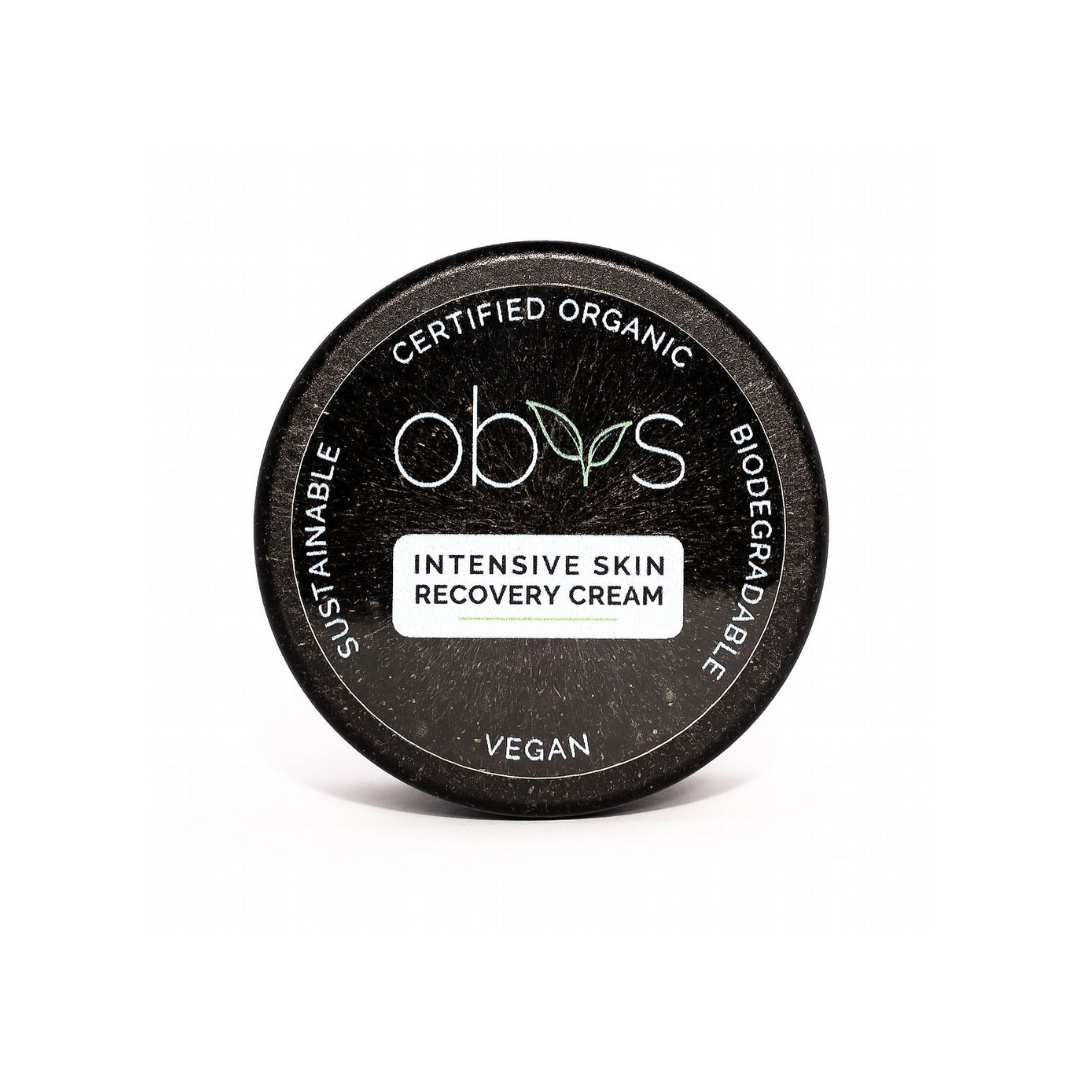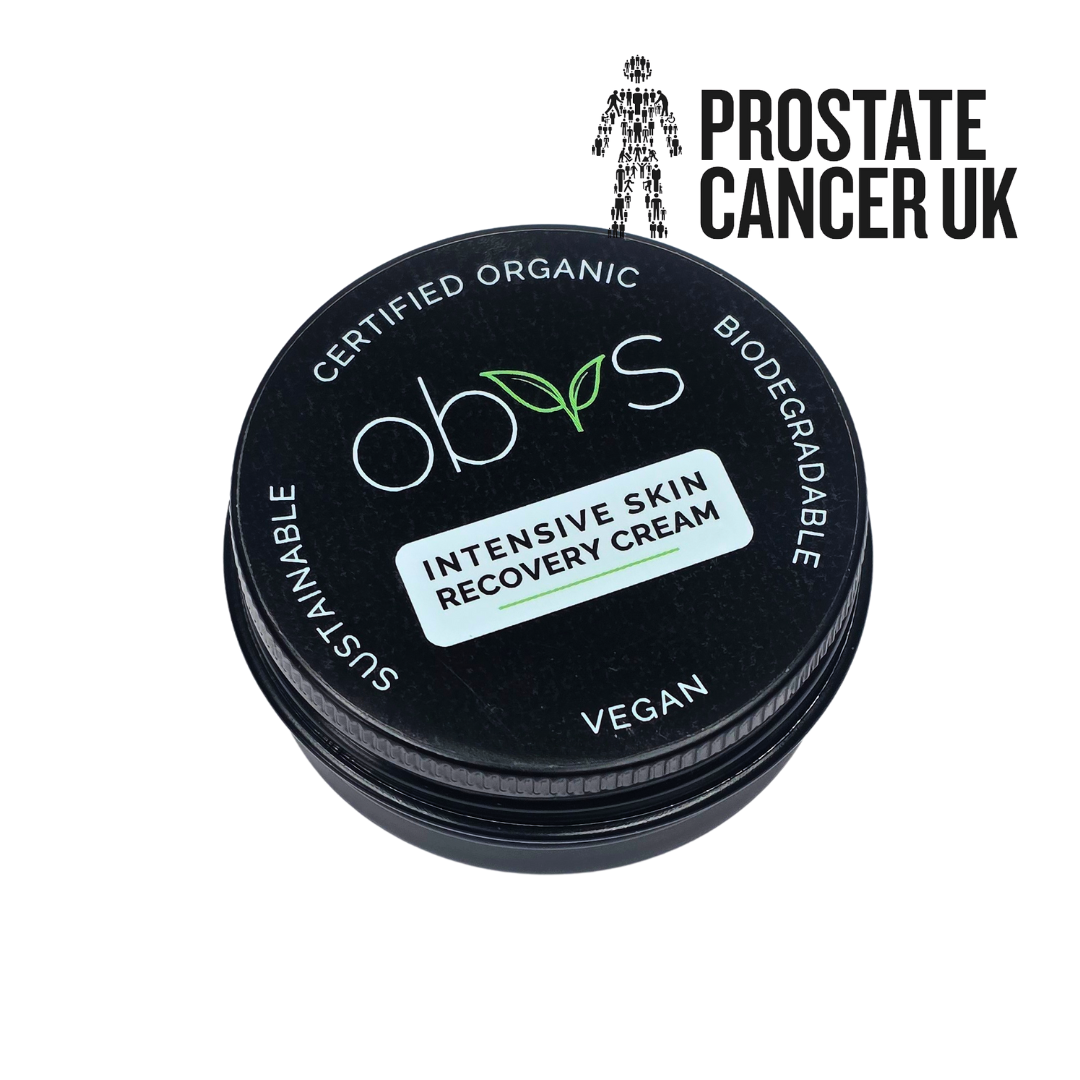
RSPO Certified Sustainable Palm Oil: Why I’m Not So Against It Anymore
Share
Contents
- Introduction
- What Is RSPO and Why Soil Association Certification Matters
- The Good Bits About RSPO-Certified Palm Oil
- Concerns From the Past (and Why They’re Not Keeping Me Up at Night Now)
- Why Palm Oil Might Actually Be the Better Option for the Planet
- My Final Thoughts
- References
1. Introduction
For years, I swore off palm oil. The headlines about deforestation, displaced orangutans, and questionable certifications were enough to make me steer clear. But recently, I’ve been digging into the latest research and the Soil Association’s stance on RSPO-certified palm oil, and I’m starting to see things differently. RSPO-certified palm oil, especially when it’s Identity Preserved (IP) or Segregated (SG) and meets Soil Association standards, isn’t the villain I thought it was. In fact, for derivatives like Caprylic/Capric Triglyceride in my cosmetics, I’m now open to using it if it’s properly certified. Here’s why I’ve changed my tune, backed by up-to-date evidence and a closer look at the pros and cons.
2. What Is RSPO and Why Soil Association Certification Matters
The Roundtable on Sustainable Palm Oil (RSPO), founded in 2004, is a global initiative to make palm oil production more ethical and sustainable. It sets standards for environmental protection, social responsibility, and economic viability, covering palm oil, palm kernel oil, and derivatives like Caprylic/Capric Triglyceride. However, not all RSPO certifications are equal. Weaker models like Mass Balance (MB) or Book & Claim (BC) allow mixing with non-certified oil, which can undermine sustainability claims.
The Soil Association, a UK leader in organic and sustainable standards, takes a stricter approach. Since July 2023, they only permit RSPO Identity Preserved (IP) or Segregated (SG) certified palm oil in their certified products. These models ensure:
- Full traceability back to the specific plantation.
- No mixing with non-certified palm oil.
- Protection of High Conservation Value (HCV) areas and peatlands, as mandated by RSPO’s 2018 Principles and Criteria (P&C).
This aligns with the Soil Association’s rigorous standards, which go beyond basic RSPO requirements by integrating organic practices, ensuring minimal pesticide use and enhanced soil health. This traceability and stringency make RSPO IP/SG certification a game-changer for products like Caprylic/Capric Triglyceride, giving me confidence in their sustainability. Soil Association, 2023
3. The Good Bits About RSPO-Certified Palm Oil
Protects Forests and Wildlife
RSPO IP and SG certifications prohibit clearing primary forests, peatlands, or HCV areas. A 2024 study in Nature Communications found that RSPO-certified plantations reduced deforestation by 40% in low-fire-risk areas compared to non-certified ones, preserving habitats for endangered species like orangutans. The Soil Association’s organic integration further reduces chemical inputs, protecting biodiversity. Nature Communications, 2024
Full Transparency
IP and SG models ensure every drop of palm oil is traceable to its source. The RSPO’s 2023 digital platform, Prisma, enhances this by digitising supply chain data, making it easier to verify sustainability claims. For Caprylic/Capric Triglyceride, this means I can trust that the palm oil in my cosmetics comes from ethical plantations. RSPO, 2023
Land-Use Efficiency
Palm oil is a high-yield crop, producing 40% of global vegetable oil on just 6% of agricultural land. A 2025 RSPO Impact Update notes that certified plantations achieve up to 6 tonnes of oil per hectare annually, compared to 1–2 tonnes for alternatives like sunflower or rapeseed. Switching to lower-yield crops would require 2–3 times more land, risking further deforestation. RSPO Impact Update, 2025
Social and Economic Benefits
RSPO’s 2022 Free, Prior, and Informed Consent (FPIC) Guide ensures communities are consulted before land development, reducing conflicts. Over 3 million smallholders benefit from RSPO’s support, with a 2024 study showing certified smallholders in Malaysia saw a 15% income increase due to better yields and market access. The Soil Association’s standards reinforce fair labour practices, making certified palm oil a socially responsible choice. RSPO FPIC Guide, 2022
4. Concerns From the Past (and Why They’re Not Keeping Me Up at Night Now)
The Old Criticism: RSPO audits were weak, with little punishment for rule-breakers.
Why I’m Not Worried Now: The Soil Association only endorses IP and SG certifications, which require rigorous third-party audits by bodies accredited by Assurance Services International (ASI). RSPO’s 2023 standards tightened auditing protocols, with 97 growers and 505 mills certified by January 2025, and non-compliant members face suspension. A 2024 Eco-Business report confirms RSPO’s improved assurance systems, reducing the risk of greenwashing. Eco-Business, 2024
The Old Criticism: RSPO plantations were still driving deforestation.
Why I’m Not Worried Now: Older studies, like a 2020 Science of the Total Environment paper, claimed 75% of RSPO-certified plantations in Indonesia and Malaysia were on historically deforested land. These studies used outdated 1984–2020 satellite data, ignoring RSPO’s 2018 P&C ban on new deforestation and peatland clearance. A 2024 Nature Communications study shows certified plantations now have 40% lower deforestation rates, and the Soil Association’s strict standards ensure no new forest loss. Nature Communications, 2024
The Old Criticism: Certification didn’t improve community livelihoods.
Why I’m Not Worried Now: RSPO’s 2022 FPIC Guide and 2023 P&C updates strengthen community protections, requiring consent and fair compensation. A 2025 Communications Earth & Environment study highlights that certified smallholders benefit from higher yields and market access, with the Soil Association’s organic standards adding further safeguards for worker welfare. Communications Earth & Environment, 2025
5. Why Palm Oil Might Actually Be the Better Option for the Planet
It sounds counterintuitive, but replacing palm oil with alternatives could harm the environment more. Palm oil’s high yield (up to 6 tonnes/hectare) means it uses far less land than crops like soybean (0.8 tonnes/hectare) or coconut (1.2 tonnes/hectare). A 2023 Earth.org analysis warns that switching to these crops could increase global farmland needs by 100–200 million hectares, driving deforestation. RSPO-certified palm oil, especially IP/SG, ensures no new forest or peatland clearance, making it a lower-impact choice. For Caprylic/Capric Triglyceride, certified palm oil derivatives offer a sustainable option without compromising ecosystems. Earth.org, 2023
Moreover, a 2021 Life Cycle Assessment (LCA) found RSPO-certified palm oil has a 35% lower climate change impact (3.41 kg CO2 eq./kg vs. 5.34 kg CO2 eq./kg for non-certified) due to reduced peatland use and methane capture from mill effluents. The Soil Association’s organic standards further lower environmental impact by minimising chemical use, making certified palm oil a surprisingly planet-friendly choice. RSPO, 2021
6. My Final Thoughts
I’m not saying palm oil is perfect, and I’ll still avoid anything less than RSPO IP or SG certified with Soil Association approval. But the evidence has shifted my perspective. For derivatives like Caprylic/Capric Triglyceride, RSPO-certified palm oil isn’t just “less bad”, it’s a genuinely sustainable option when done right. The key is traceability, strict standards, and third-party oversight, which RSPO and the Soil Association deliver. It’s not about palm oil being inherently good or evil; it’s about how it’s sourced and certified. I’m now persuaded that choosing RSPO-certified products supports both the planet and ethical practices.
7. References
- Soil Association – New oil palm standard for food & drink licensees (2023). https://www.soilassociation.org/certification/food-drink/food-drink-news/2023/july/10/new-oil-palm-standard-for-food--drink-licensees/
- Soil Association – Changes to Soil Association standards – November 2020. https://www.soilassociation.org/certification/certification-updates/2020/november/changes-to-soil-association-standards-november-2020/
- Earth.org – Certified sustainable palm oil and alternatives for the future (2023). https://earth.org/certified-sustainable-palm-oil-and-alternatives-for-the-future/
- Nature Communications – Counterfactual evaluation of RSPO certification (2024). https://www.nature.com/articles/s41467-024-51234-8
- Communications Earth & Environment – Sustainable palm oil certification inadvertently affects production efficiency in Malaysia (2025). https://www.nature.com/articles/s43247-025-01303-6
- Eco-Business – What RSPO’s new rules for sustainable palm oil mean for people and planet (2024). https://www.eco-business.com/podcasts/we-revised-the-standard-because-we-should-what-rspos-new-rules-for-sustainable-palm-oil-mean-for-people-and-planet/
- RSPO – Impact Update 2025. https://rspo.org/news-and-events/news/rspo-impact-update-2025/
- RSPO – Free, Prior, and Informed Consent (FPIC) Guide (2022). https://rspo.org/news-and-events/news/rspo-publishes-free-prior-and-informed-consent-fpic-guide-2022/
- RSPO – Biodiversity impact of RSPO certification – an assessment of good practices (2021). https://rspo.org/biodiversity-impact-of-rspo-certification-an-assessment-of-good-practices/

